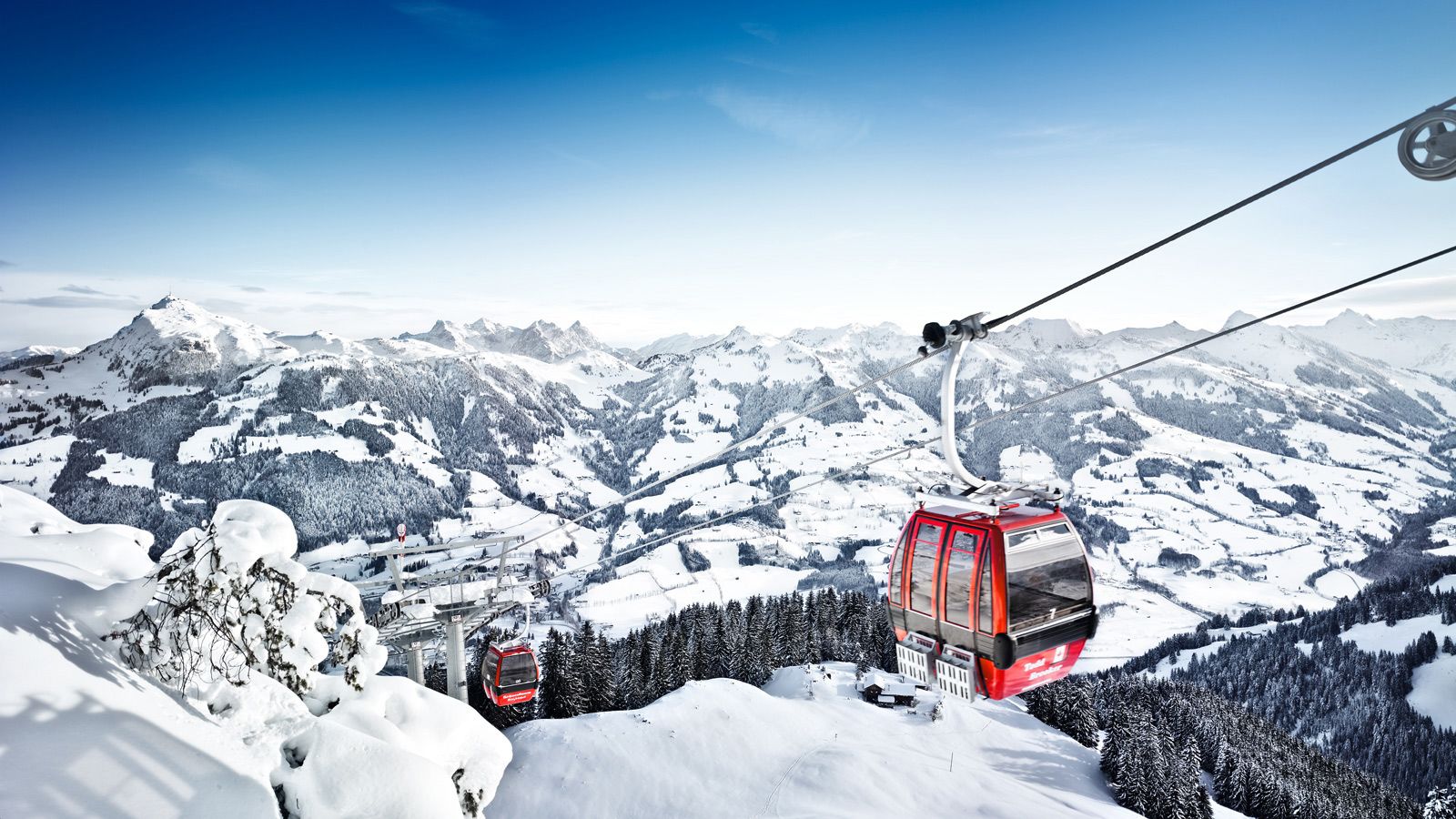
The Oxford English Dictionary, (OED), is the world's biggest dictionary. It includes authoritative definitions, history and pronunciations of more than 600,000. Each word's entry also includes etymologies and quotations from over 3 million sources, including books, scholarly journals, newspapers, films, and popular sources, which illustrate how the word has evolved over time.
The OED was established in 1857 and is published every two years. It is an invaluable research tool for academics and curious minds around the world. It is the result of unsurpassed dedication from a team dedicated lexicographers as well as language technologists. This ensures that the OED remains a valuable and lasting resource for all those who wish to learn more about English.
How a dictionary was created
There are many ways to find words for a dictionary. However, the Oxford University Press lexicographers could not physically see all the written material. So they asked contributors to send them words with definitions and quotations (Winchester 94). This was how the OED was born, which has been around since 1923.

A little about the dictionary itself
The OED was originally titled the "New English Dictionary," but it soon became known as the "Oxford English Dictionary." The Oxford University Press has over 100 years of experience in developing an etymological analysis for words to create the OED.
It contains twenty volumes and approximately 252,200 entries. These entries are arranged alphabetically and include cross references, etymologies, as well as a pronunciation key.
This edition is a completely updated version, with many new words and meanings relating to fast-moving areas of the English language such as technology and current affairs. This edition also features a special emphasis on words and phrases from minor languages and dialects.
In addition, it has a 40-page section on countries and nationalities, alphabets and accents, and a "word of the day" site. You can find the dictionary in many different formats.

The Oxford Advanced Learner's Dictionary is a popular dictionary specifically for English learners. It is widely used to learn the English language. You will find over 110,000 words and phrases in the dictionary. It also includes practice and extra resources that can help you improve your writing, speaking, listening and reading skills. You can also download the iSpeaker or iWriter tools from DVD-ROM.
Oxford English Dictionary Concise
This compact oxford English dictionary is a great option for English learners. It has clear, concise definitions, and extensive vocabulary coverage. It is a valuable tool for learning English.
It is easy to use and a great dictionary to help you learn English. The dictionary has a clear and easy-to-read layout that makes it ideal for students. It's a valuable resource for vocabulary and definitions.
FAQ
What should I pack for a vacation trip?
You need to know what you want to do on your holiday. It's not just about packing clothes. You should also consider where you are going to be staying and for how long.
You need to think about what activities you would like to participate in. You might want to go scuba diving if your destination is exotic. Participating in local festivals or events is a good idea if you're planning on staying somewhere for a longer time.
If you have any health issues, then it is important that you tell the people who will be looking after you so they can plan accordingly.
What can I pack in my bag?
You should always have at least two pairs of shoes. Two pairs are needed for daily walking in the city and two for vacation.
Also, make sure to have enough clothing for both. You should also ensure you have enough clothes for plane travel.
You may want to consider bringing some extra clothing with you if your plans are to stay for a longer period of time. You won't feel awkward when you shop for new clothes.
Comfortable shoes are essential for those who take the bus or train. Also, if driving, bring extra tires.
You will also need to carry plenty of toiletries such shampoo, toothpaste (deodorant), moisturizer, and shampoo.
Last but not the least, you will need a flashlight as well as insect repellent, sunscreens, sunglasses, a hat, first aid kits, and sunblock.
Make sure you have all the items in one bag. It will help you save both time & space.
And finally, don't forget to pack a small towel and washcloth. They will be very useful after a long day of sightseeing.
Which countries are known for their best food?
Different countries have different cuisines. It is difficult to know which countries are best at cooking.
However, we can tell which countries have the best food!
The top three countries, according to TripAdvisor users, are:
-
Italy - Italy has been voted the number 1 destination by TripAdvisor users thanks to its fantastic food.
-
France – France was ranked 2nd because of its rich cultural and culinary heritage.
-
Spain - Spain came 3rd due to its beautiful beaches, great weather, and wonderful people.
Statistics
- They're also likely to offer babysitting services, in case you'd like to have dinner one night after 7 p.m. (travelandleisure.com)
- According to Maori legends, this park holds 14 fjords that were all carved by a giant stonemason with an adze. (busytourist.com)
- Between the ages of 11 and 13, kids, or tweens, will likely want some autonomy but also need boundaries. (travelandleisure.com)
- Pack sweaters, jackets, and underwear in reusable compression bags creating up to 75% more space in your luggage. (wikihow.com)
- Case in point: the private island of Ilha Caldeira, less than seven miles off the coast as part of the Primeiras and Segundas Archipelago, is located within the marine-protected area with 20 percent of the country's intact living coral. (travelandleisure.com)
External Links
How To
How to plan your next vacation
Planning a trip can involve many things including booking flights, hotel reservations, car rentals, and activities. It also includes important considerations such as budget, schedule, destination, weather forecast, etc.
You should always remember these points while planning your next vacation.
We have prepared a step-by, step guide to help with your next vacation planning. This guide has been prepared based on our experience and customer feedback. This guide will help you plan your next vacation easily.
Steps:
-
Plan your Budget - This is the most important step to take when planning for a trip. Before you begin planning for your trip, you need to know how much money it is you are willing and able to spend. If you don’t have sufficient money, you may have to cancel your travel plans.
-
Book Flights – After setting your budget, you must book your flights. Be sure to get the lowest price flight deal. In addition, make sure you check whether there are any special offers for certain seasons. These deals may save you money.
-
Your Destination - Now that you've booked your plane ticket, it's time to choose where you want. Multiple factors will play a role in choosing the destination you choose, such as location (wherever you are), climate (what season), culture (how friendly and affordable it is), cost (how affordable it can be) and cost.
-
Find Accommodations. There are many choices for accommodation. You can choose from affordable hostels or luxury suites. Your needs and preferences will determine the type of accommodation that you choose. If you need to be near the city center, a hotel may not suit your needs. On the other hand, if you prefer quiet places away from crowds, a homestay may suit your requirements better.
-
Select Activities & Attractions: Now that you have selected your accommodation, it is time to decide which activities and attractions to include in the itinerary. Depending upon the length of your stay you have two options: choose just a few activities, or add many more to your itinerary.
-
Select Activities and Attractions - Now it's time for you to plan your itinerary. To achieve maximum value from your trip, you should stick to a fixed schedule. If you have the freedom to roam as you please, your trip will be even more enjoyable.
-
Make an itinerary - This is where you include all details about your trip. You should list all the details, from flights to accommodation to activities to restaurants.
-
Research Online - Do your research online before you travel. You can read reviews and testimonials about other destinations to get their opinions. This way, you will be able to plan accordingly.
-
Take care when packing. Too many clothes is not a good idea. Do not bring more than three sets of clothes. Wear clothing that is appropriate for the climate you are visiting.
-
Be prepared. Get everything organized before you head out on your trip. You don't want your trip to be ruined by searching for vital documents while you're in transit.